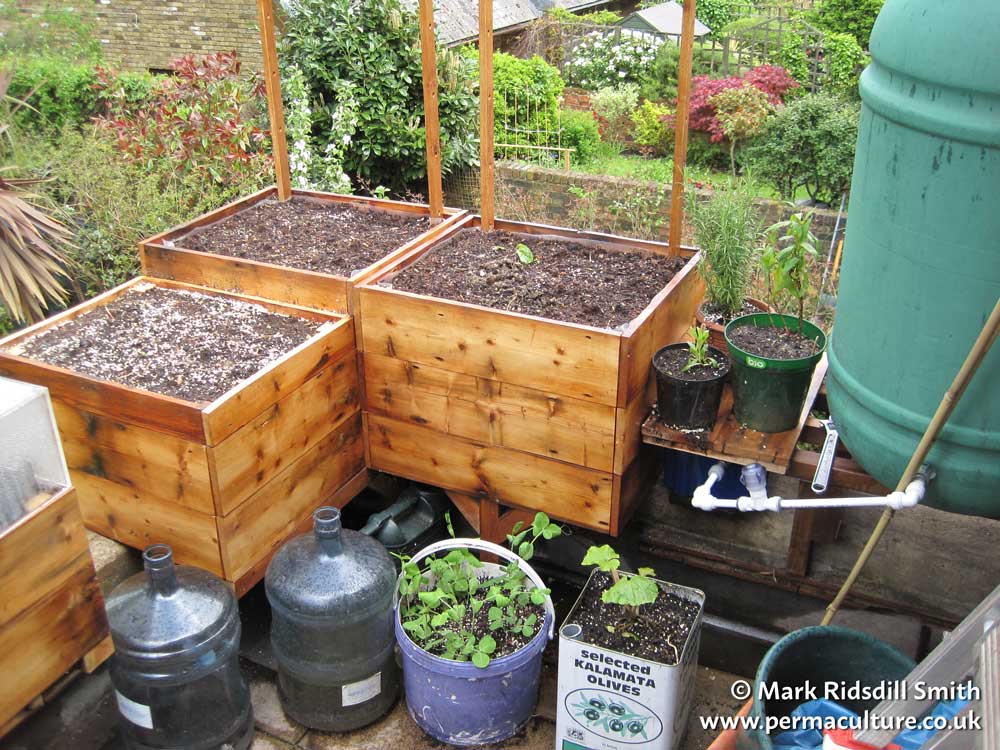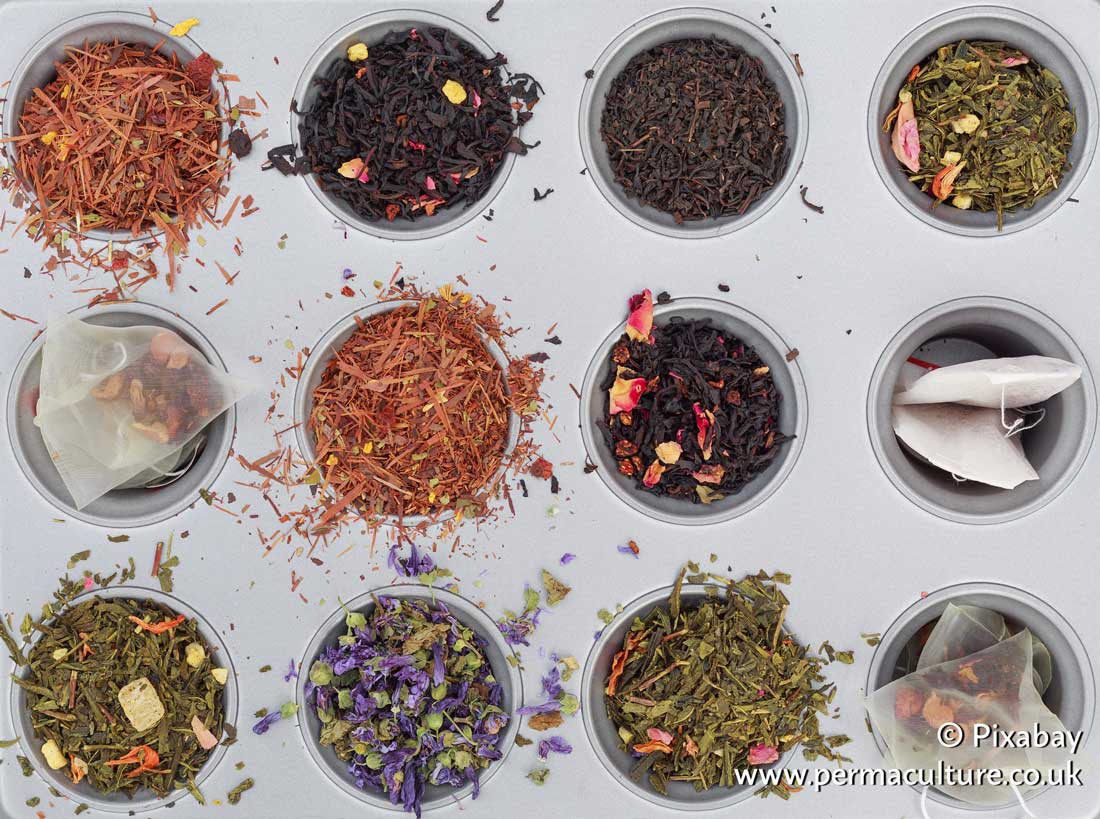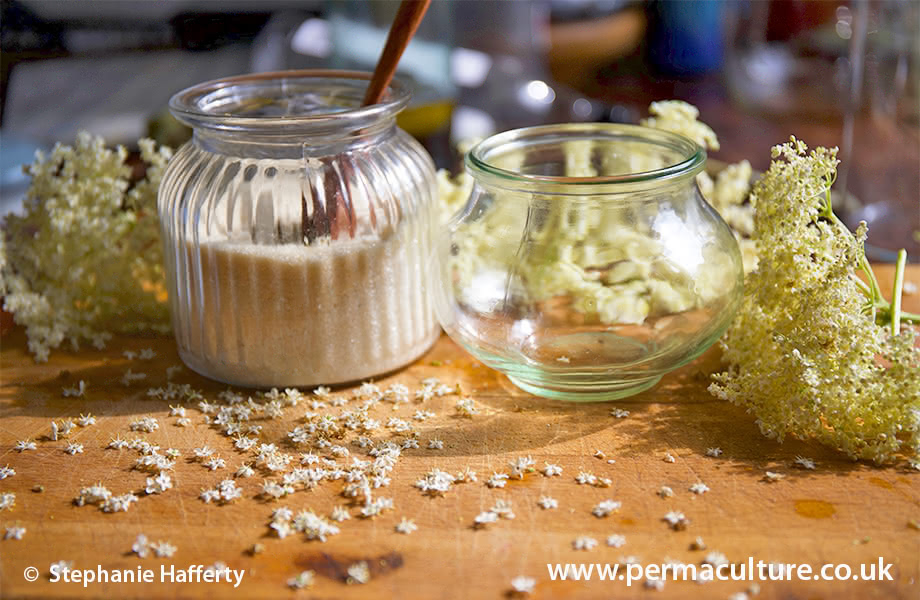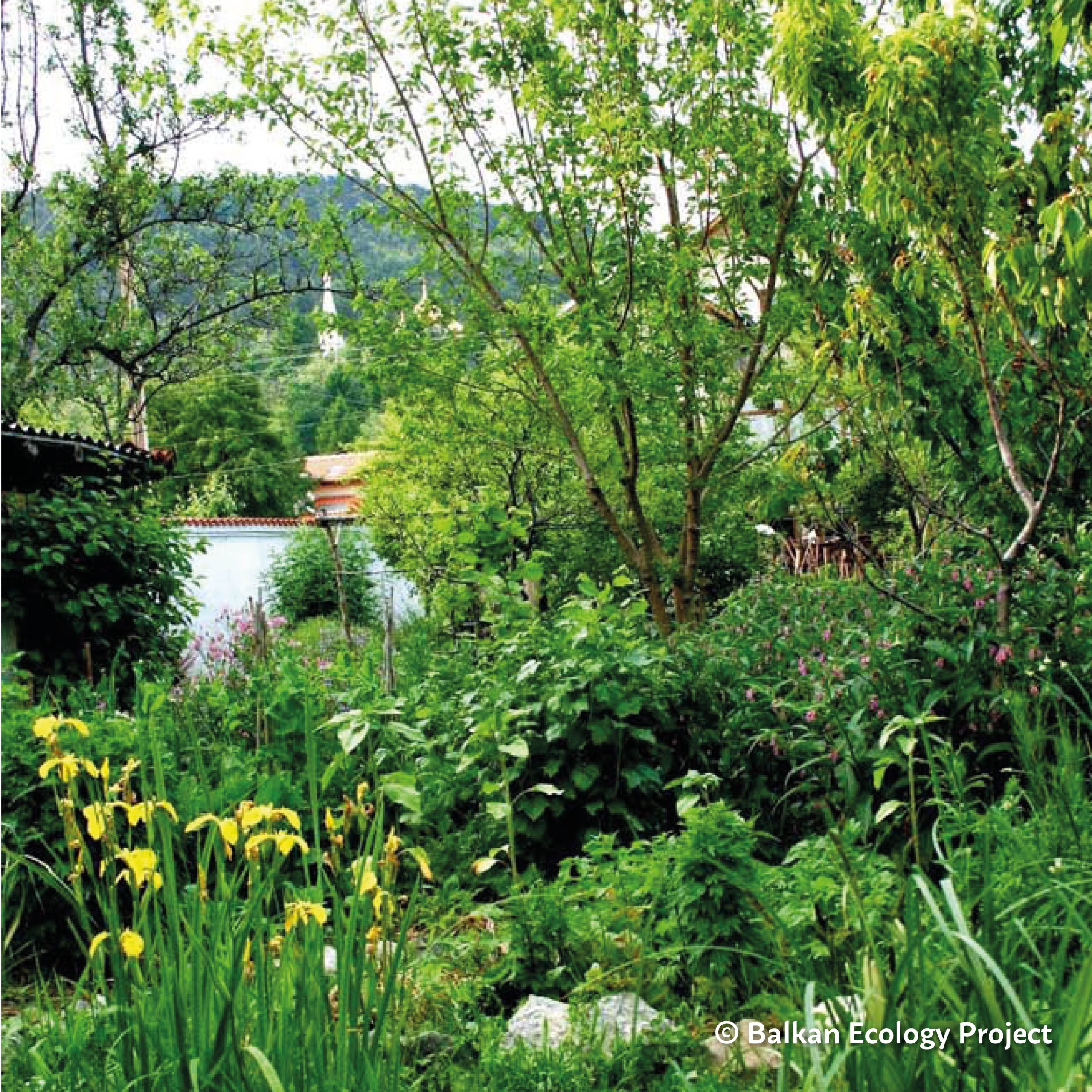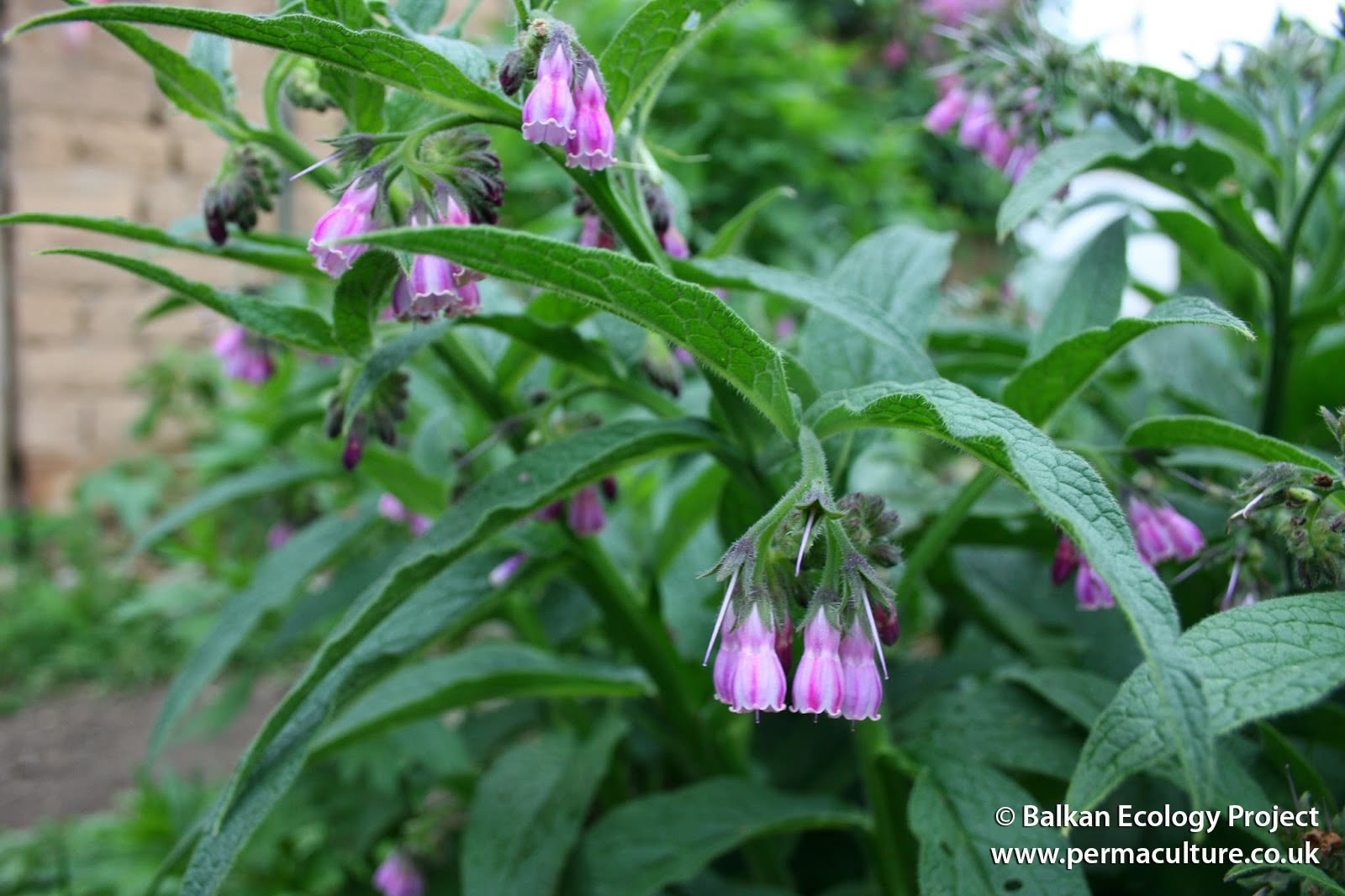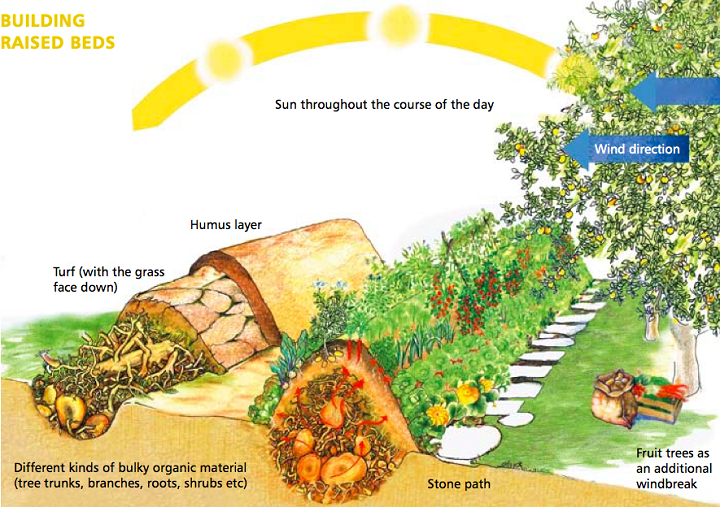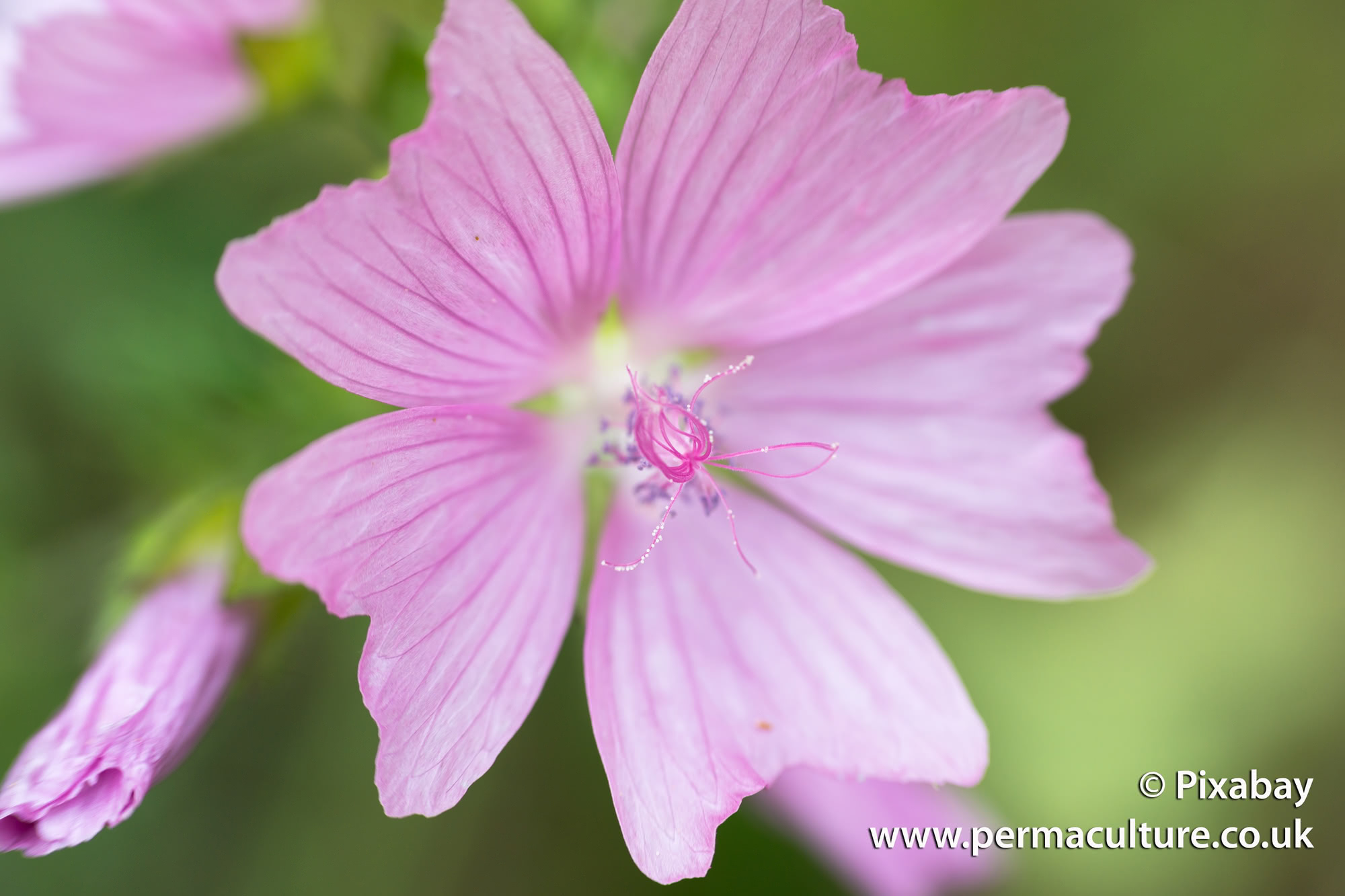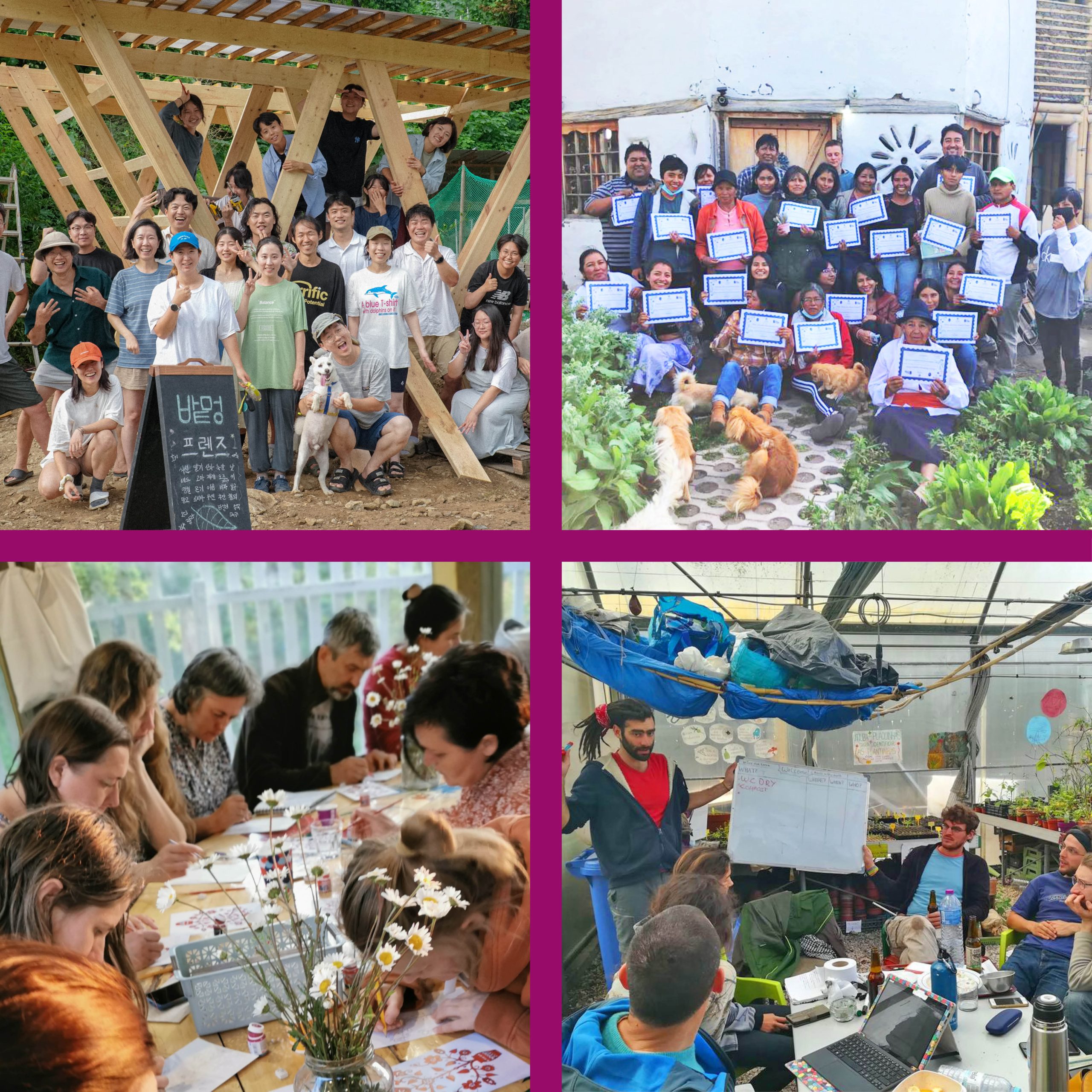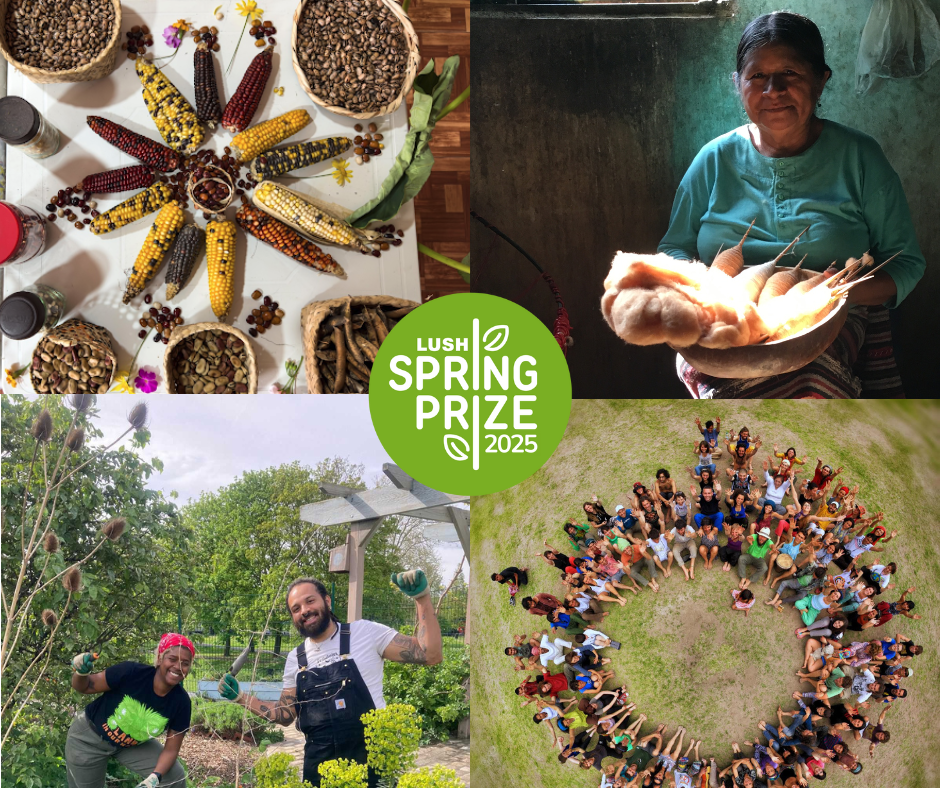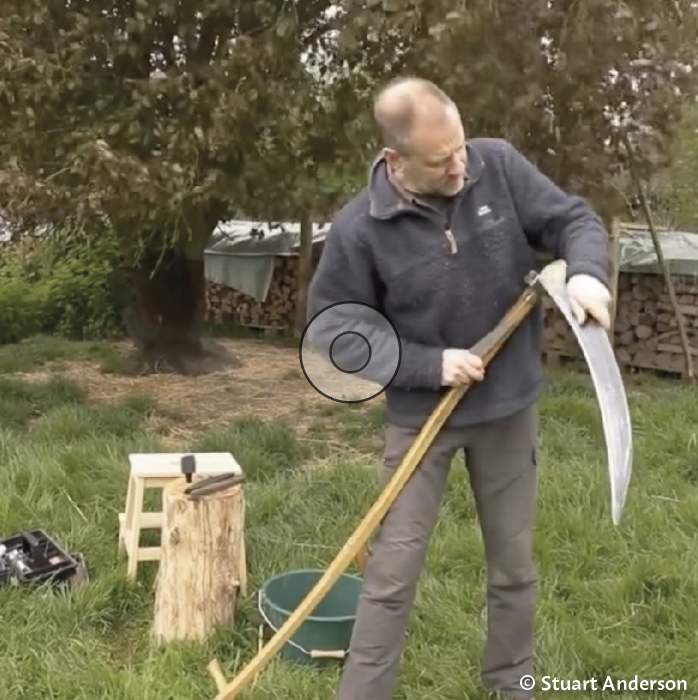No dig kitchen gardener, Stephanie Hafferty, is well-known for turning her organic homegrown veg into colourful and tasty meals. Here we share three seasonal recipes from her book The Creative Kitchen, which is packed with recipes for salads, dips, sides, main meals, drinks and even cleaning products, balms, soaps.
This salad is delicious made with shallots, spring onions and leeks. It’s a good way of using up any over-wintered onions, which seem to start bolting around the same time that the wild garlic is in season
Ingredients:
8 medium-sized red onions (white are fine too)
2 tbsp olive oil
Balsamic vinegar (or a fruit vinegar of your choice, blackcurrant is good) to drizzle
A sprinkle of salt and pepper (optional)
Pesto:
100g (3½oz/1 cup) walnuts
150g (5oz) wild garlic
2 cloves garlic, minced
6 tbsp walnut oil (olive or sunflower)
2 tbsp lemon juice
A little water, as needed
When wild garlic is not in season, replace with rocket for a spicy pesto or spinach for a milder pesto.
Preheat the oven to 180oC fan (200oC/400oF/gas mark 6). Peel the onions and cut in half. Arrange on an ovenproof dish and brush the olive oil all over to coat. Roast in the centre of the oven for 20 minutes until the onions are soft and cooked. Remove from the oven and sprinkle with a little balsamic vinegar (and salt and pepper if you wish).
Whilst the onions are cooking, make the pesto. Place the walnuts, wild garlic, minced garlic, oil and lemon juice in a food processor. Blend, adding a little water if necessary, to make a thick sauce.
Eat the onion salad hot or cold, drizzling the pesto over the onions before serving.
If you prefer, cut the onions into quarters before roasting and reduce the cooking time to around 15 minutes.
You can use any greens in this zingy pesto – spinach, kale, chard, mustards, mixed salad leaves, spring greens. It is delicious as a dip, drizzled over salads or mixed through rice, pasta or grains. Refrigerate any leftovers for 3-4 days, or freeze individual portions in an ice tray for later use.
If you do not have (or like) coriander, replace with basil, parsley, dill or mint. The walnuts can be replaced with toasted almonds, hazelnuts, cashews, sunflower or pumpkin seeds. The flavour will be different of course!
Ingredients:
2 cups greens, chopped
1 cup coriander, chopped
2-4 cloves garlic, chopped
1 lime, juice (and zest if you want it very lime flavoured)
1 cup walnuts, toasted
¼ cup olive oil (approximately, you may not need it all)
Salt and pepper to taste
Add the greens, coriander, garlic, walnuts, lime and seasoning to a food processor.
As it is processing, drizzle some olive oil in until the pesto is smooth.
Taste and adjust seasoning, if required.
Cooking intensifies the flavour but if you prefer, the nuts and seeds may be added raw.
I make a hummus of some kind for every gardening course lunch, everyone loves the bright colours, especially welcome in the winter months. Add your choice of vegetables, leaves and herbs. It is a good way of using up leftovers in the fridge, too.
Vegetable suggestions:
Cooked – beetroot, squash, parsnip, carrot, onion, swede, sweet peppers, kale, tomatoes, courgette
Raw – spinach, kale, tomatoes, courgette, cucumber
Herbs – parsley, basil, coriander, dill, French tarragon
Ingredients:
330g (12oz/2 cups) cooked chickpeas (reserve the cooking liquor)
240g (8½oz/2 cups) vegetables
4 tsp tahini
2 or 3 cloves garlic, chopped
1 lemon, juice (3½ tsp)
½ tsp freshly ground cumin seed
½ tsp ground coriander
2 tbsp olive oil
2 tbsp seasonal herbs, chopped
Salt and pepper to taste
Add everything except the cooking liquid into a food processor. Turn on, gradually drizzling the liquid into the mixture until it is the texture you like.
Stephanie Hafferty is a no dig gardener, writer and author of The Creative Kitchen and coauthor of No Dig Organic Home and Garden.
